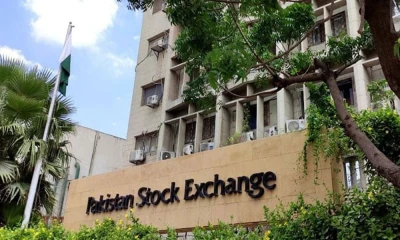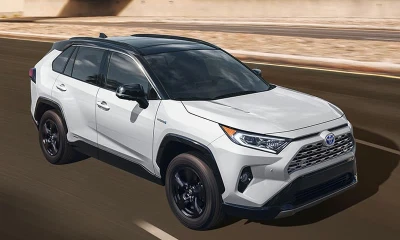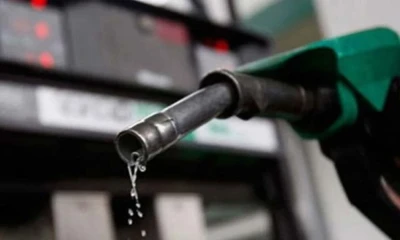Business
Over 100,000 electric vehicles to bring in transportation system
It is believed that by promoting EVs, air pollution can be curtailed and climate change can be addressed.
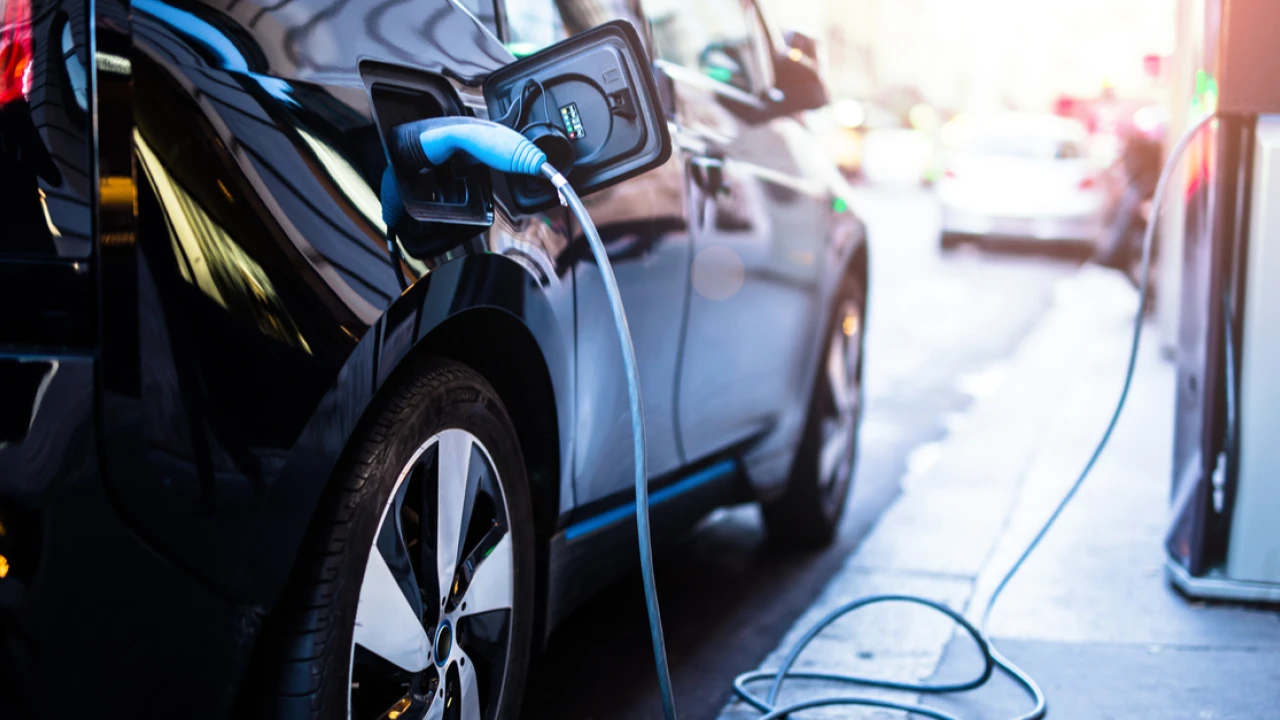
Islamabad: More than 100,000 electric cars, buses, trucks and along with half a million electric motorcycles and rickshaws will bring into the transportation system over the next five years under the Electric Vehicles (EVs) Policy 2020.
The EVs Policy 2020 has set the goal of cutting air pollution and curbing climate change, sources told APP here.
The EV Policy 2020 also focuses on the development of a nationwide charging infrastructure for electric vehicles.
Pakistan is also facing environmental issues due to multiple factors including transport, coal emissions, industrial emissions, etc.
Keeping in view the environmental issues world is moving towards environment-friendly technologies. Electric Vehicles (EVs) have the potential to solve critical challenges faced by Pakistan in the 21st century. Since EVs do not emit any pollutants, the introduction of EVs will limit emissions in the transport sector to a large extent.
EVs have now become a reality in Pakistan. The number of EVs are continuously increasing in the country.
At the same time, the charging infrastructure is being deployed in different parts of the country to serve EVs.
National Electric Power Regulatory Authority (NEPRA) at its end has announced the tariff that the owners of the EV charging stations are going to charge for their services.
The owners of the public EV charging stations are regarded as commercial consumers of category A-2, the power distribution companies (DISCOs) are to charge a single part Rs25.02/kWh tariff for both off-peak and peak, with zero fixed charges and waiver of monthly fuel cost adjustments.
The owners of public EV charging stations are allowed a maximum cap of Rs50/kWh net of taxes to charge for their services.
NEPRA also has announced standards and specifications that the owners of the public EV charging stations have to comply with and included them in the Consumer Services Manual. It is believed that by promoting EVs, air pollution can be curtailed and climate change can be addressed.
To encourage the EV charging business, the DISCOs are required to allow connections to EVs on a priority basis.
An uninterrupted power supply is necessary for EV charging stations to carry out their business. To do so, the DISCOs are required to enhance their distribution system for better services, especially on highways and motorways.
Since the number of EVs is increasing, and EV charging stations are being installed in different parts of the country, therefore to ensure safety and reliability and to avoid fatal incidents, the technical and safety standards as given in the Consumer Services Manual for awarding connection for public EV charging stations must be complied with.
In addition, relevant agencies must ensure that only those equipment and material allowed to import and installed, are compliant with international standards.
SOURCE: APP
-

 World 1 day ago
World 1 day agoExplosion in Indian capital Delhi
-

 Sports 2 days ago
Sports 2 days agoICC rankings: Babar Azam at top among ODI batsmen
-

 Technology 2 days ago
Technology 2 days agoSaudi Arabia to launch world's longest driverless metro system
-
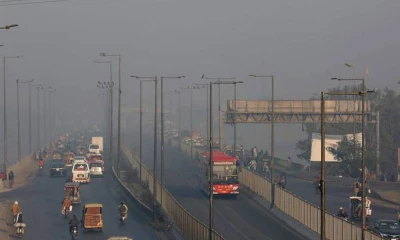
 Weather 1 day ago
Weather 1 day agoSmog: Lahore again tops in air pollution
-

 Pakistan 20 hours ago
Pakistan 20 hours agoPakistan condemns Israeli atrocities in Palestine
-
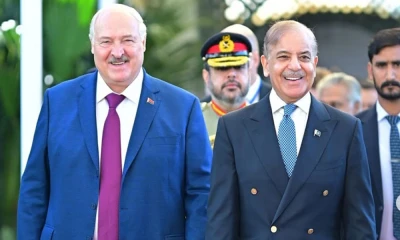
 Pakistan 2 days ago
Pakistan 2 days agoBelarusian President, PM Shehbaz arrive in Murree
-

 Pakistan 18 hours ago
Pakistan 18 hours agoFederal govt cancels Saturday holiday in schools
-

 Regional 1 day ago
Regional 1 day agoIslamabad police net senior journalist Matiullah Jan in terrorism, drug case


